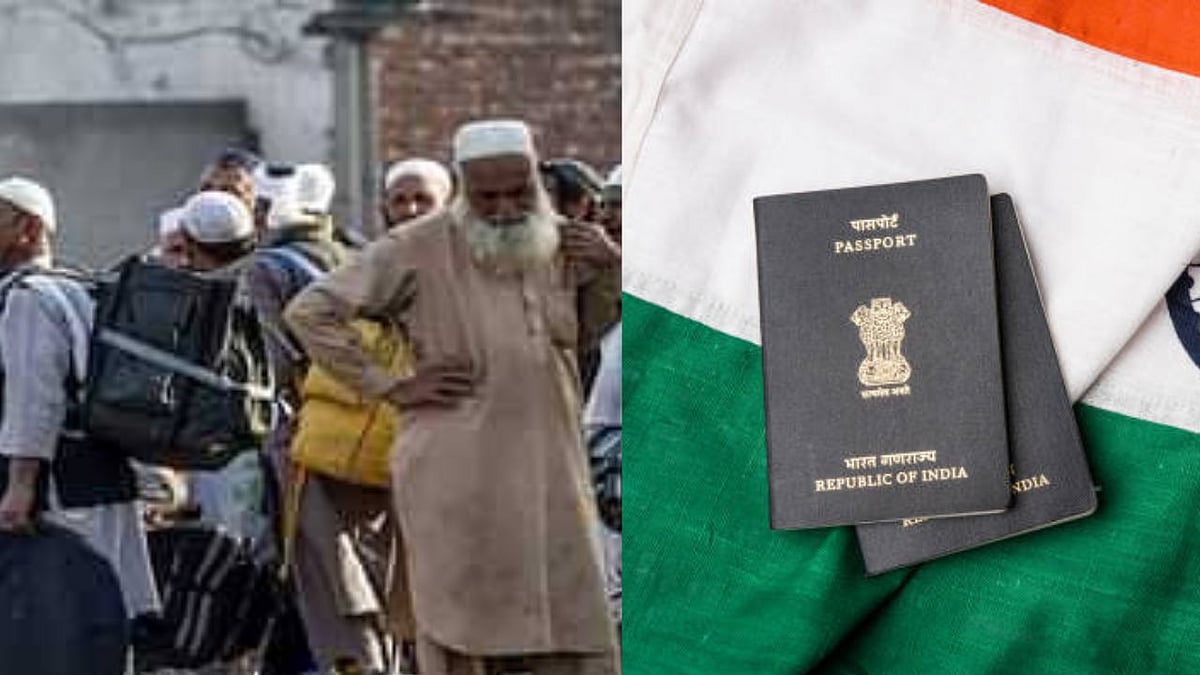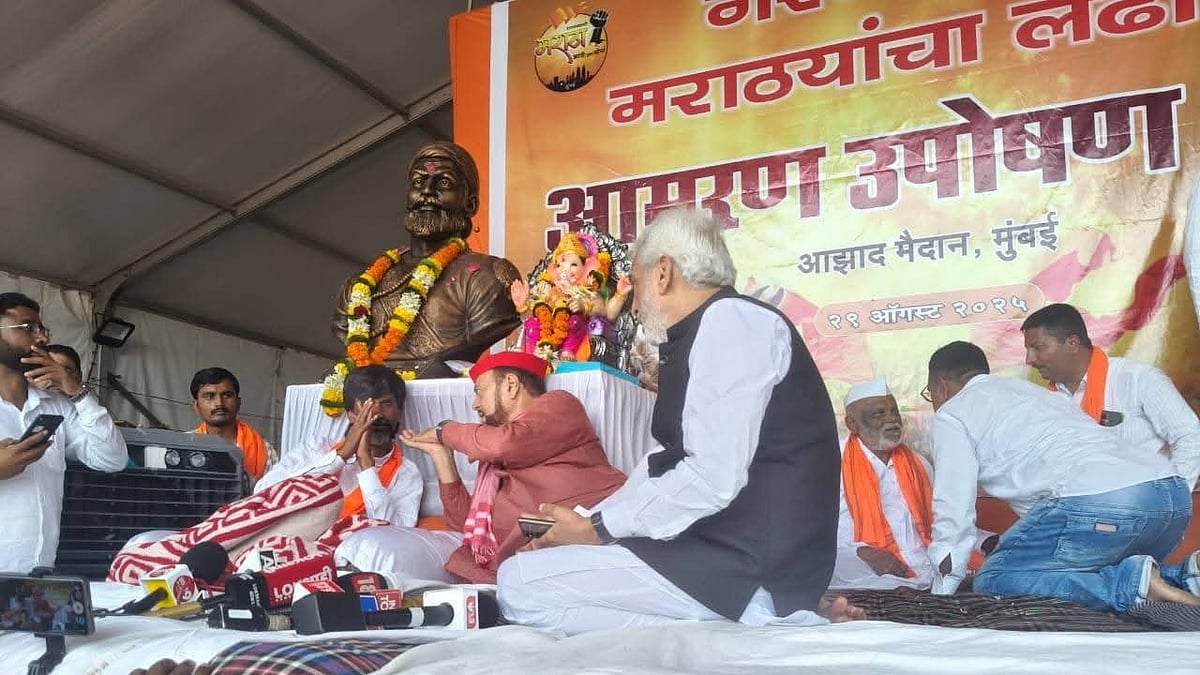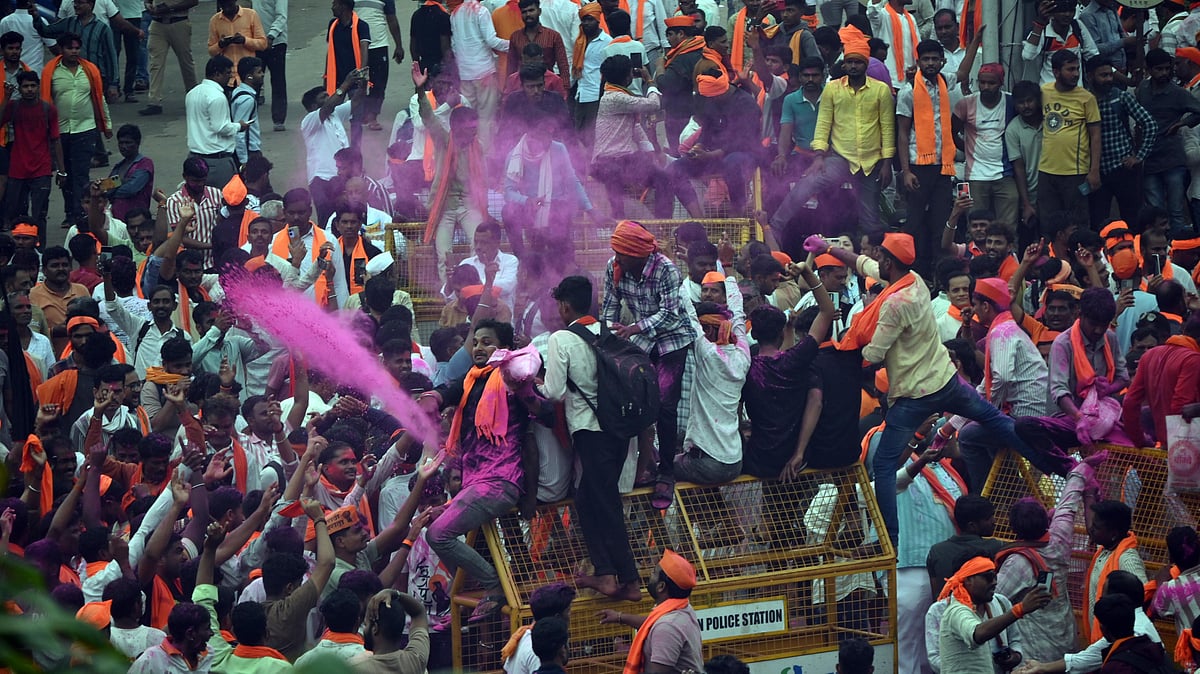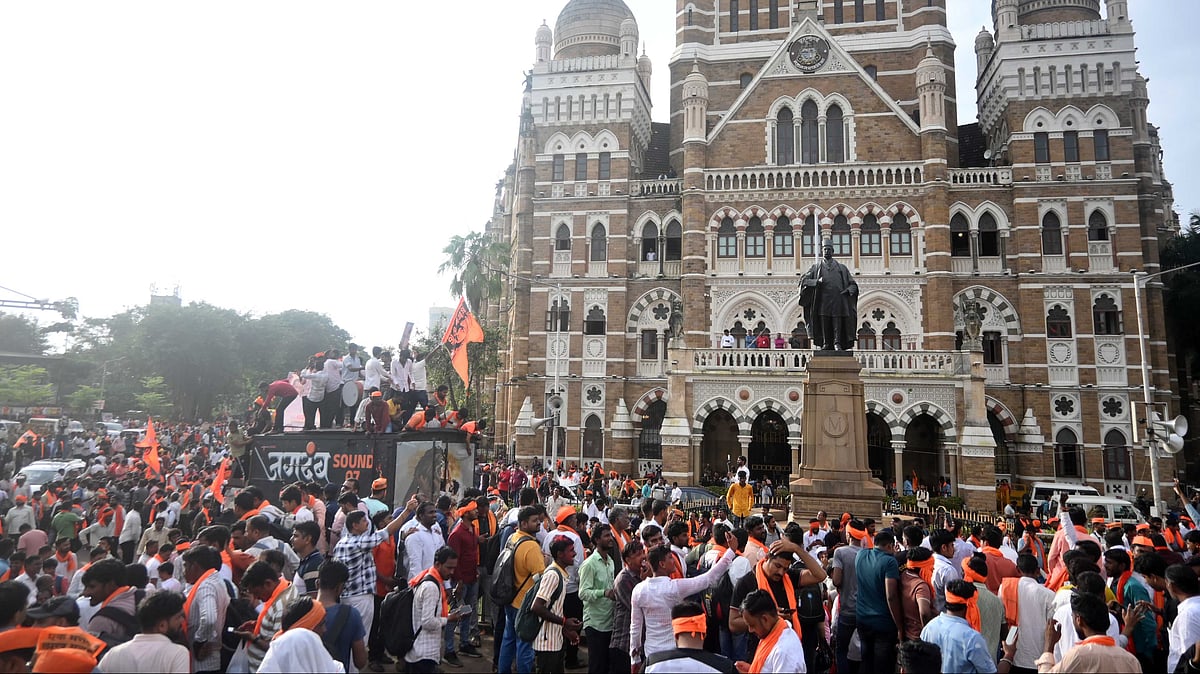Palghar, Maharashtra: The decision to grant yet another halt to the Mumbai–Gandhinagar Vande Bharat Express in Gujarat—this time at Navsari—has sparked outrage in Maharashtra’s Palghar district. Commuters and activists allege that despite stronger passenger traffic and higher revenues, Palghar continues to be sidelined, while Gujarat enjoys a fourth consecutive stop.
Navsari’s inclusion has raised eyebrows, as it lies just 39 km from Valsad and 29 km from Surat, effectively clustering three halts within a short stretch in Gujarat. In contrast, Palghar district, spanning 140 km and home to key industrial hubs like Dahanu, Boisar, and Palghar town, remains bypassed.
RTI Data Highlights Revenue Disparity
According to data obtained through an RTI application, Palghar's railway revenue and passenger traffic significantly exceed those of the new stops in Gujarat. The RTI data for the 2023-24 financial year reveals a clear picture:
Bandra–Jaipur Express: Palghar generated ₹1.2 crore in ticket sales, whereas Valsad earned only ₹29.26 lakh.
Bandra–Haridwar Express: Palghar's revenue was ₹2.28 crore, far surpassing Valsad's ₹41 lakh.
Ranikpur Express: Palghar pulled in ₹1.3 crore, while Valsad's revenue was ₹33 lakh.
These figures clearly show that Palghar station is a major revenue contributor, generating several times more income from these express trains than its Gujarat counterparts.
“Bias, Not Planning” Say Activists
Local activists argue the decisions reflect political motives rather than operational efficiency. "This is the fourth new halt in Gujarat but Palghar district’s 140 km stretch remains ignored despite stronger revenues. Ignoring Palghar and continuously adding new stops in Gujarat is a clear act of favouritism," said commuter activist Himanshu Vartak. "This isn’t transport planning—it’s political maneuvering.”
Another activist, who filed the RTI, stated that the data leaves no room for doubt about the bias. "Palghar is multiple times ahead of Valsad and Navsari in revenue. Still, Western Railway is neglecting Maharashtra's growing Palghar district to give stops in Gujarat. This is evident. The decisions on Vande Bharat stops are no longer about efficiency or revenue—they are about political patronage."
He accused Railway Minister Ashwini Vaishnaw of ensuring one-after-another stop for Gujarat, even when it makes little operational or financial sense. "Passengers have complained that this is not planning. This is not fairness. This is clear bias for Gujarat," he added.
Commuters Speak Out
Daily travellers say the lack of a halt in Palghar district forces them into long detours. “We either have to go to Borivali or Vapi to board the Vande Bharat,” said Kiran Patil, a Dahanu-based entrepreneur. “It wastes hours of travel for no reason when Palghar is perfectly positioned to be the third halt.”
Another commuter, Meena Deshmukh, who frequently travels to Ahmedabad for business, expressed her frustration: “I pay premium fares but still can’t board from my own district. How is it fair that Palghar, gets ignored while stations just a few kilometers apart in Gujarat get multiple halts?”
Railways Defend Decision, Cite Capacity Issues
In response to the accusations, a Western Railway official stated that the primary reason for not providing a stop in Palghar is limited infrastructure. The official explained that the Virar-Dahanu section is under heavy pressure from both local commuter trains and freight trains, making it difficult to add another halt for the Vande Bharat.
However, they offered a glimmer of hope, promising that once the quadrupling of tracks is completed, the option of adding stops in the district will be re-examined.
Also Watch:
For residents, the assurances ring hollow. Many see the repeated addition of stops in Gujarat, despite revenue disparities, as proof of skewed priorities. The controversy has reignited debates over whether political considerations are dictating railway planning at the expense of commuter needs.

.jpg)







